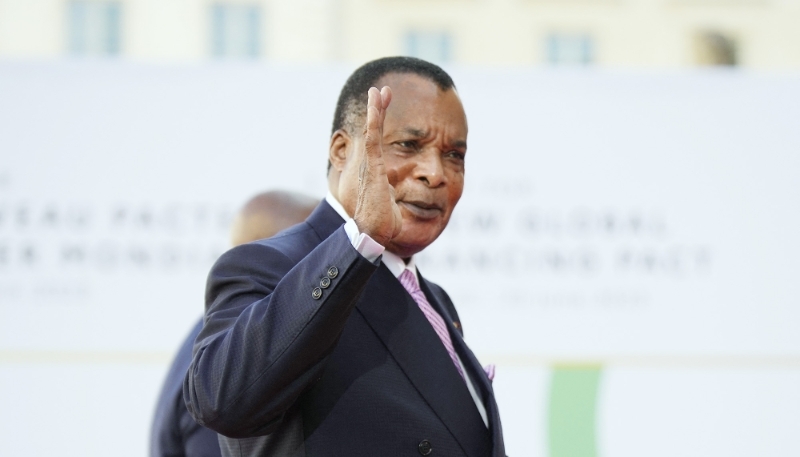Congo-Brazzaville banks inject over $2 billion into economy amid rising challenges

Congo-Brazzaville’s banking sector is experiencing unprecedented growth, with over $2.47 billion in gross loans disbursed to support the nation’s economy.
This figure, representing a significant increase from the previous year, underscores the critical role banks play in driving economic progress.
However, this expansion comes with mounting risks, particularly the rising volume of non-performing loans.
Record Growth in Banking Sector
According to the National Economic and Financial Committee (CNEF), Congolese banks disbursed 1,540.6 billion CFA francs in gross loans by the end of August 2024, marking a 5.7% increase compared to December 2023.
This achievement reflects the sector’s resilience despite global economic uncertainties.
Congo-Brazzaville holds a strategic position within the Central African Economic and Monetary Community (CEMAC), hosting 10 of the region’s 54 banks.
This makes the nation a key player in regional financial integration and economic stability.
Challenges of Non-Performing Loans
While growth is evident, the sector faces a significant hurdle: non-performing loans reached 266.6 billion CFA francs during the same period, reflecting a 7.8% rise.
This issue highlights the structural challenges confronting the banking system, particularly as the nation embarks on economic diversification.
Historically reliant on the oil sector, Congo-Brazzaville has seen declining performance in this industry, prompting efforts to explore alternative revenue sources.
The transition to a more diversified economy has proven complex, requiring robust financial support to nurture local and regional initiatives.
Economic Diversification Sparks Optimism
Despite these obstacles, Congo-Brazzaville is reaping the benefits of economic activities outside the oil sector, which bolstered growth in the second quarter of 2024.
This emerging diversification offers new opportunities for sustainable development.
Inflation, a global concern, remains under control due to restrictive monetary policies implemented by the Bank of Central African States (BEAC).
Projections suggest an average annual inflation rate of 3.8% in 2024, down from 4.3% in 2023, supported by improved international supply chains.
Strengthening the Banking Sector
Congo-Brazzaville is committed to strengthening its banking system to ensure long-term economic growth.
While the rise in gross loans demonstrates the sector’s ambition to support the national economy, the increase in non-performing loans underscores the need for cautious and proactive management.
As the nation diversifies its revenue streams and fortifies its economic foundations, the banking sector’s role will be pivotal.
The challenge lies in maintaining the current momentum while addressing vulnerabilities, ensuring that banks remain a cornerstone of the country’s development strategy.
About The Author
dailymailafric
I am an avid African news observer, and an active member of Daily Mail Africa.
I’m Passionate about staying informed on diverse topics across the continent,
I actively contribute to publishing on political, economic and cultural developments in Africa.



